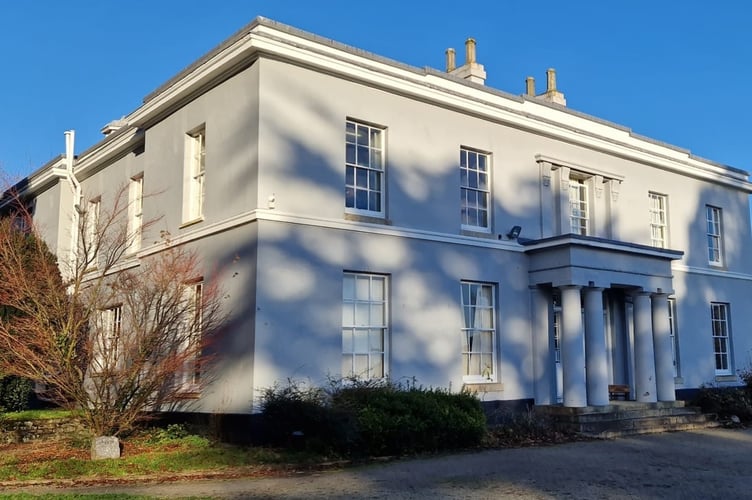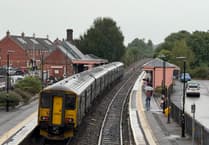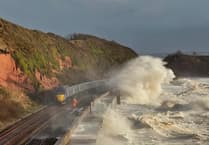DARTMOOR National Park Authority (DNPA) is in serious danger of not being able to carry out its key functions unless it gets more financial support from the government, it has been claimed.
The body is facing a half-a-million pound deficit next year and is “reaching a critical point”.

It plans to make its concerns known to Secretary of State for Environment, Food and Rural Affairs Steve Barclay when he comes to Dartmoor within the next two weeks.
The authority’s purpose is to conserve and enhance the natural beauty, wildlife and heritage of the moor and inform and educate people about the special landscape.
But it says it is struggling to do this with a flat rate grant from Defra (Department of Environment Food and Rural Affairs) each year which does not take into account inflation.
At a meeting on Friday, March 1, DNPA members heard the grant for 2024/25 had still not been confirmed, but Defra had indicated it would remain static.
On this basis, finance officers had produced a balanced budget for the next financial year.
This cash makes up more than 60 per cent of the national park’s income.
The rest comes from parking fees, which will rise with inflation from April, planning fees and various other charges. It does not have any commercial investments that bring in revenue and few assets that offer any income.
Chair of the national park authority Pamela Woods said: “An income which should be in excess of seven or eight million a year is at the moment barely four million a year.
“The items we use, the personnel we pay, those costs go up but our national park grant has stayed the same since 2019.”
On top of rising costs, the four per cent pay award to staff had impacted finances. The authority currently employs around 90 staff and this is its biggest expenditure.
“I cannot overstate the difficulties this authority has in delivering our fundamental tasks – we are pared down to such an extent that we are reaching a critical point,” said Ms Woods.
Among the national park’s responsibilities are biodiversity projects, nature recovery projects, visitor centres, car parks and property maintenance, land management and outreach and education including the junior rangers scheme.
DNPA chief executive Dr Kevin Bishop said without a one-off grant last year of £440,000, which helped to save the Princetown Visitor Centre, they would have had to reassess the budget for 2024/25 and make some tough decisions.
In year's to come this would be the case if Defra did not increase its core funding.
He said he was pushing for a capital grant of £500,000 that could come to Dartmoor as part of an extra £10 million for protected landscape in England to be available for revenue purposes.
This way it could be used to help provide existing services and projects and balance future budgets.
“I am not confident that they will say yes to this but we will keep trying,” he said. “Whilst this money is not to be sneezed at, it is not a panacea.
“A new capital project takes a lot of officer time. To achieve something within the year against a backdrop of cuts is not the best use of the money.”
The cost of parking will rise at Princetown, Haytor upper and lower car parks, Postbridge, Meldon and Lydford, increasing from £5 to £5.30 for all-day parking and from £3 to £3.20 for three hours. Coaches and minibuses will pay an extra 65p a day.
Alison Stephenson
LDRS





Comments
This article has no comments yet. Be the first to leave a comment.